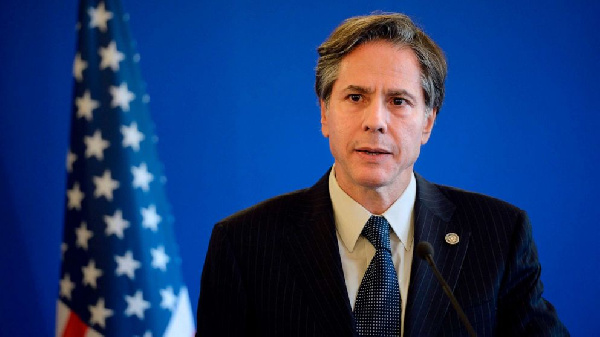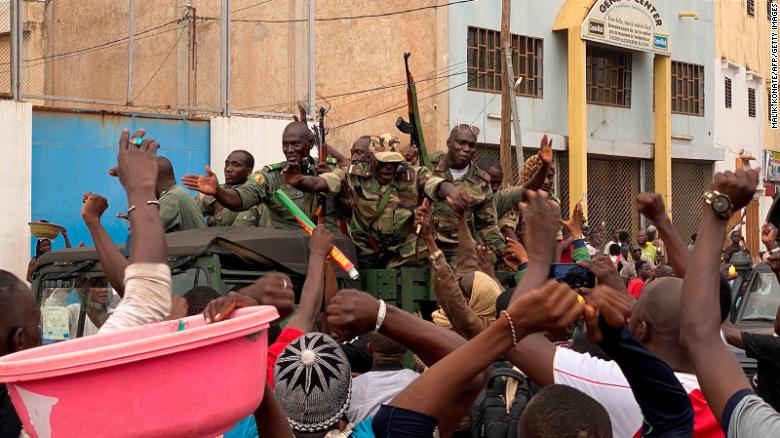Here is the expected petrol price for February

Mid-month data from the Central Energy Fund (CEF) points to another large fuel hike for South African motorists in February, following a significant increase in January.
The CEF data shows an under-recovery in prices across the board, expected to rise around 78 cents per litre for petrol, and 60 cents per litre for diesel.
- Petrol 95: increase of 78 cents per litre;
- Petrol 93: increase of 79 cents per litre;
- Diesel 0.05%: increase of 60 cents per litre;
- Diesel 0.005%: increase of 60 cents per litre;
- Illuminating Paraffin: increase of 62 cents per litre.
While the mid-month data serves as a snapshot, the Department of Energy makes adjustments based on a review of the full period. Furthermore, the outlook can change significantly before month-end.
Price changes are adjusted so that the over- or under-recovery during the prior month will be corrected in the following month; the over- or under-recoveries are rounded up or down to the nearest full cent so that the effect of rounding contributes to the clearing of the cumulative balance of the individual products on the slate.
However, the mid-month prices provide a strong indication of moving trends. Prices are affected by two main components – the rand/dollar exchange rate, and the changes to international petroleum product costs, largely driven by oil prices.
At mid-January, the ZAR/USD exchange rate is contributing around 4 cents to the under-recovery, while rising international product prices are contributing around 75 and 55 cents per litre to the under-recovery for petrol and diesel, respectively.
Exchange rate
Unlike the previous few months, where a stronger rand has contributed to a reduction in the basic fuel price, the local currency has weakened in recent sessions.
And despite a slight recovery on Friday, it is still weaker in January to date, as a result of a stronger dollar.
The international rollout of a Covid-19 vaccine, as well as more stability following the certification of Joe Biden as the next US president, have buoyed markets.
This also comes at a time of particular uncertainty in local markets, where a surge in Covid-19 infections spurred speculation about harsher lockdown restrictions.
President Cyril Ramaphosa has resisted a stricter lockdown level, however small changes to level 3 restrictions – such as closing land borders and continuing the ban on the sale of alcohol – has kept the pressure on.
There are also concerns over government’s vaccine rollout plans, and the viability of its goals given the lack of detail and information around it.
That said, the rand was on the front foot in morning trade on Friday, buoyed by news of a $2 trillion stimulus package expected to be announced by president-elect Biden.
International product prices
The significant climb expected for local fuel prices are mostly driven by increasing international product prices used in the basic fuel price calculation, which are steadily rising along with international oil prices.
Prices have long shot past the lows experienced in 2020, now trading at around $56 a barrel. This is compared to the $50 dollar mark seen in December, and up from $38 a barrel seen at the end of October.
Covid-19 vaccine breakthroughs and a recent pledge by Saudi Arabia to deepen output cuts has driven oil 50% higher since the end of October, Bloomberg said. Prices have also been boosted by the US stimulus hopes, however the Covid-19 pandemic remains an important driver.
A resurgent virus across some regions, however, may cap further price gains, Bloomberg said. China is seeing rising cases again after largely containing the outbreak, while in Europe, France is extending tighter curfew measures and Germany is considering strengthening its lockdown.
Bloomberg noted that oil declined from a 10-month high on Thursday as the dollar strengthened, taking the steam out of a recent rally, while investors assessed what impact a potential US stimulus package will have on driving fuel demand higher.
Crude is still set for the 10th weekly increase in eleven weeks, even after prices climbed into overbought territory, it said. Worsening US-China relations, meanwhile, are back in the spotlight.
However, with the rollout of Covid vaccines this year, as well as political support for lower supplies, analysts expect demand to return, and for oil prices to keep climbing in 2021.
This is how the expected changed would reflect at the pumps:
| Fuel (Inland) | January official | February Expected |
|---|---|---|
| 95 Petrol | R14.86 | R15.64 |
| 93 Petrol | R14.69 | R15.48 |
| 0.05% Diesel (wholesale) | R13.00 | R13.60 |
| 0.005% Diesel (wholesale) | R13.02 | R13.62 |
| Illuminating Paraffin | R7.40 | R8.02 |
https://businesstech.co.za







